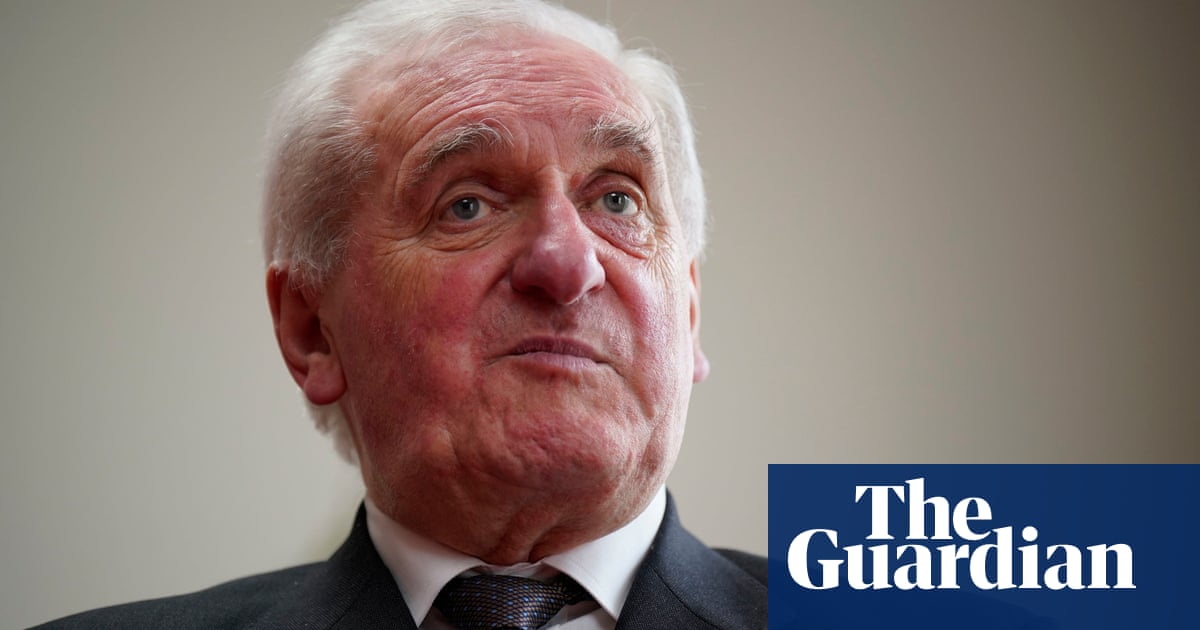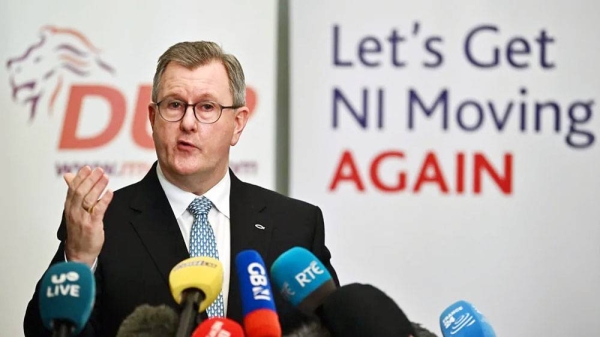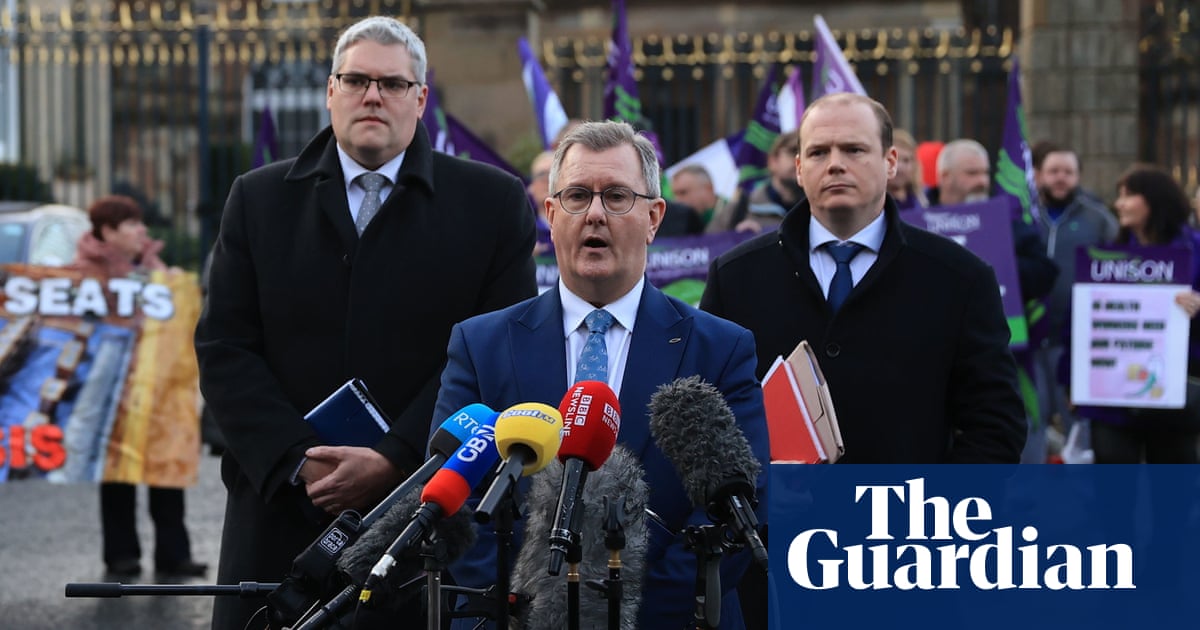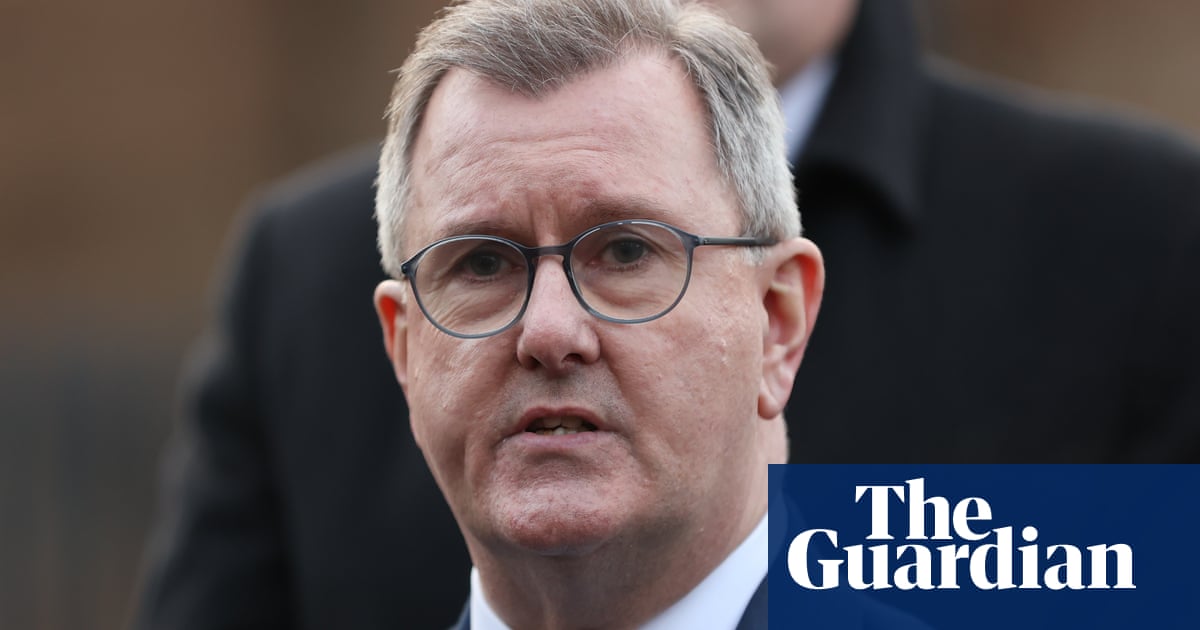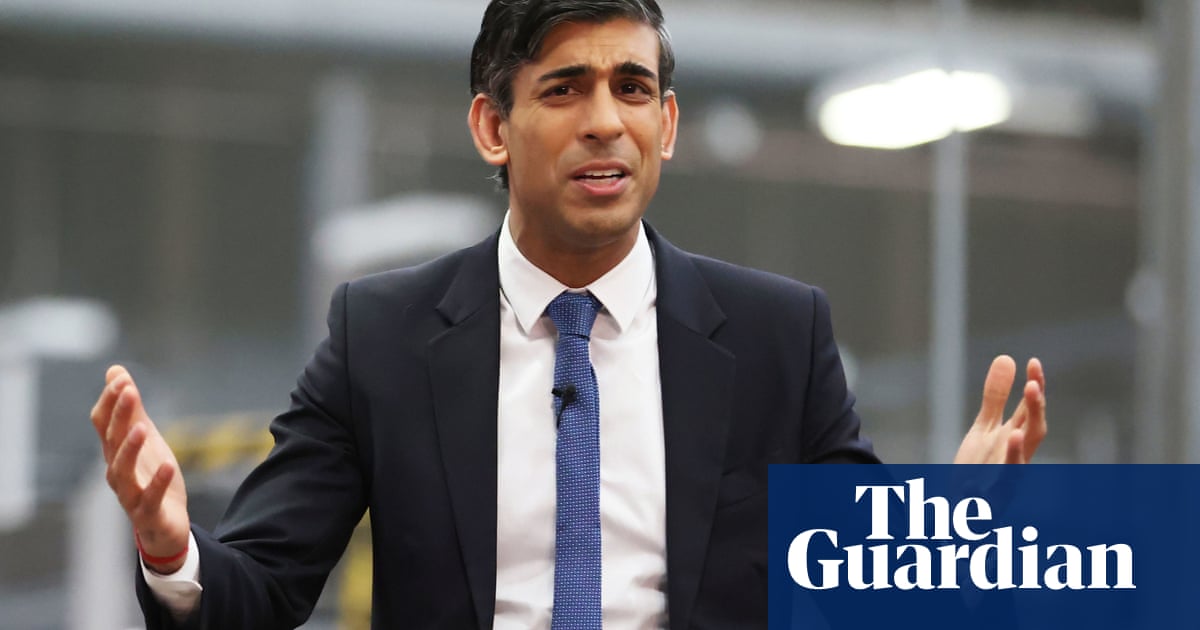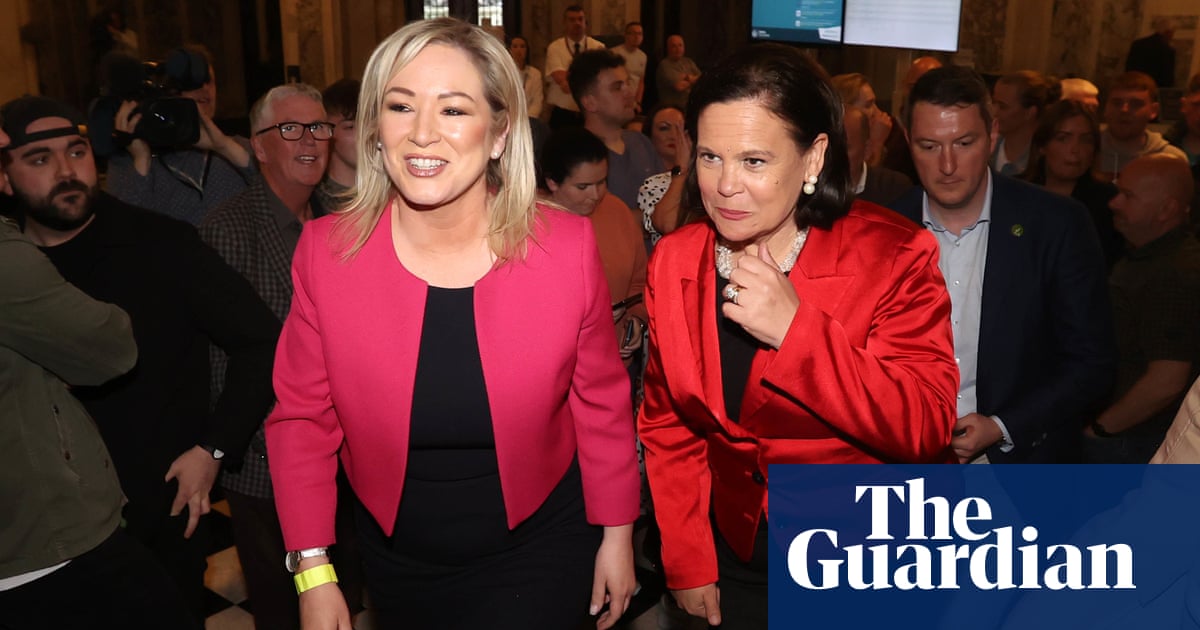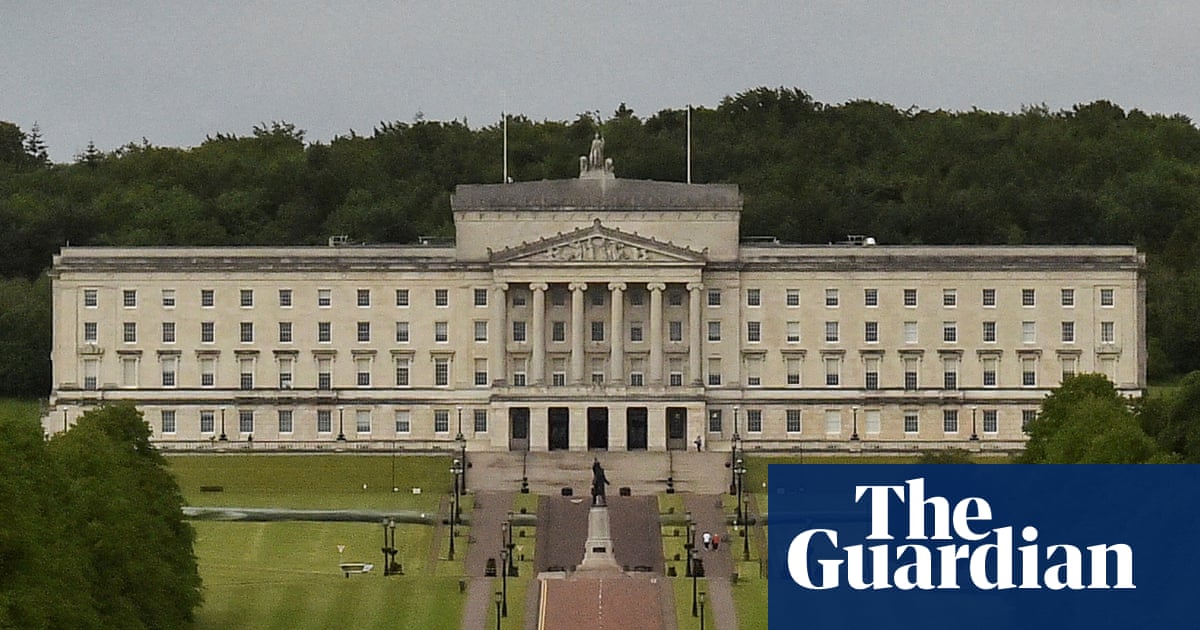
Northern Ireland’s political leaders hope to restore devolved government and fill ministerial posts within days after the Democratic Unionist party’s endorsement of a deal to restore power sharing.
Parties that are eligible to form a Stormont executive are to meet on Tuesday to chart a restoration of local rule after two years of deadlock.
The Irish government joined the chorus of welcome for the DUP’s decision to end a boycott of power sharing but cautioned that it and the EU had not yet seen details of the deal between the DUP and the UK government.
“Obviously we’ll need to see that and be confident that it doesn’t have any negative consequences for the Windsor framework or for the Good Friday agreement,” said the taoiseach, Leo Varadkar. “I don’t anticipate that it does but we have to see the exact detail of that first.”
Chris Heaton-Harris, the UK’s Northern Ireland secretary, said the proposals would be published on Wednesday and featured a “vast array of decent improvements”.
Earlier on Tuesday the DUP leader, Sir Jeffrey Donaldson, emerged from a tumultuous meeting of the party’s 130-member executive and announced that the party had accepted a deal that addressed its concerns over post-Brexit trading arrangements. Donaldson said there had been a “decisive” vote in favour but did not disclose the majority.
The party collapsed Stormont in February 2022 in protest at arrangements that it said undermined Northern Ireland’s position in the UK and potentially paved the way to a united Ireland.
Donaldson said the deal removed restrictions on the movement of goods within the UK. “Zero checks, zero customs paperwork on goods moving within the United Kingdom,” he told BBC Radio Ulster. “That takes away the border within the UK between Northern Ireland and Great Britain and that is something that’s very important.”
The proposals were not perfect but good enough, he said. “Have we achieved everything that we wanted to achieve? No, we haven’t, I will be honest with people about what we’ve been able to deliver, the substantive change.”
The party’s endorsement is conditional on two statutory instruments at Westminster to give legislative effect to Downing Street commitments on trade and sovereignty. Heaton-Harris said London would keep its side of the bargain.
Brussels and Dublin will scrutinise the deal to ensure that the Windsor framework – Rishi Sunak’s successor to Boris Johnson’s Northern Ireland protocol – remains intact. Conservative MPs will study it for any sign that Downing Street has weakened the ability to diverge from EU rules. Hardline unionists will seize on any evidence that Donaldson has oversold tweaks as substantive change.
Northern Ireland’s main political parties will be relieved to return to Stormont but there is no jubilation. Civil servants have run the region on a form of autopilot amid a fiscal crisis, crumbling public services and strikes that have bred cynicism about politics and the durability of any rebooted executive. Sinn Féin and the DUP will each retain the power to collapse Stormont.
Sinn Féin, which overtook the DUP as the biggest party in the 2022 assembly election, is poised to take the first minister post for the first time under its deputy leader, Michelle O’Neill – a historic, if symbolic, precedent. A DUP member will be eligible to be deputy first minister, a post with equal power but less prestige.
The DUP’s decision is a victory for Donaldson, who had to face down hardliners inside and outside his party who want a complete removal of all trade checks. The Traditional Unionist Voice and the loyalist Jamie Bryson denounced the deal as a sellout that would damage the union. They will seek to make common cause with disaffected DUP members, including those who are thought to have helped Bryson live-tweet the supposedly private meeting.




